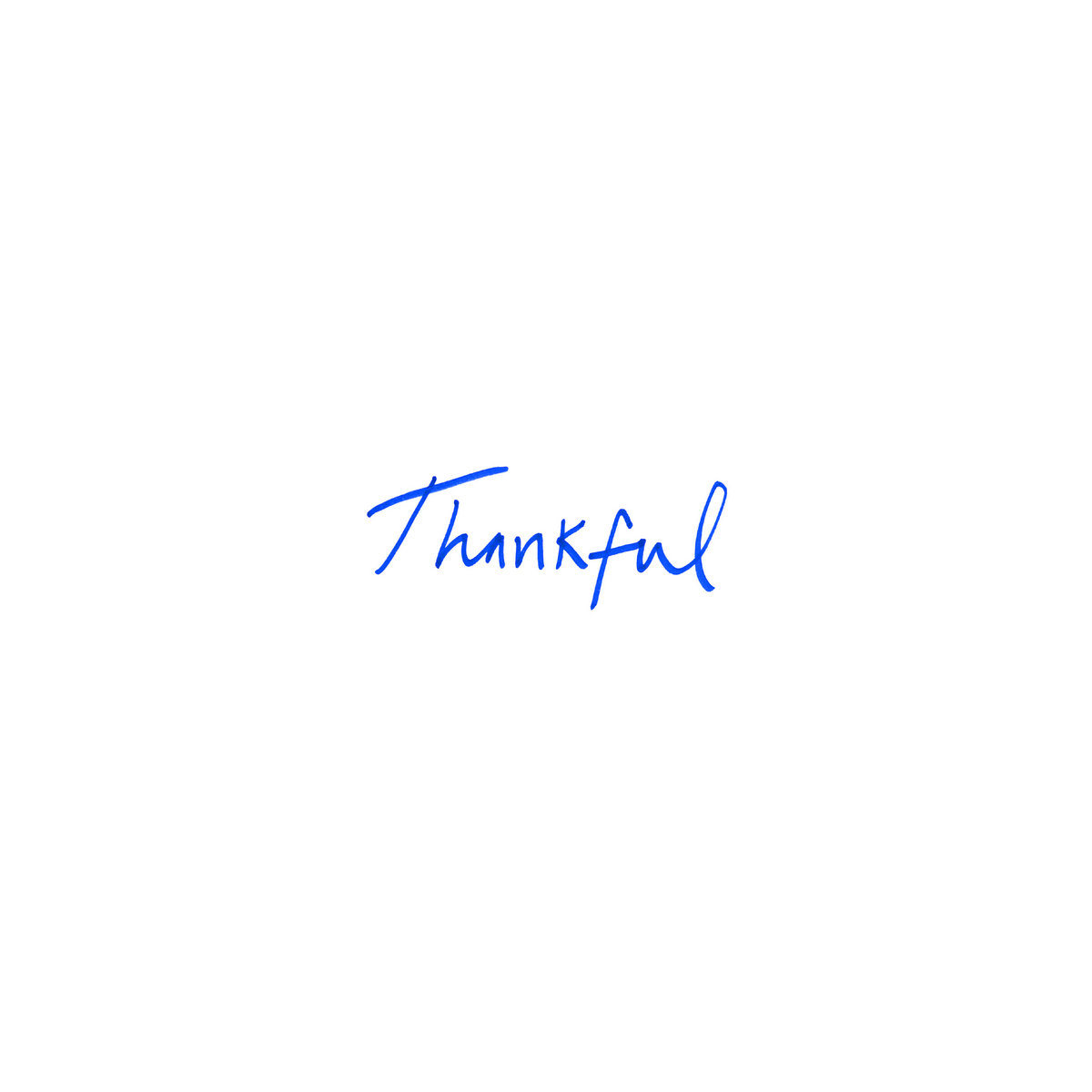 This latest solo album from Swedish composer Klara Lewis is billed as “a heartfelt tribute to her friend, mentor and former label boss, Peter Rehberg” and a “precise homage” to his “methodology and spirit.” Notably, Editions Mego released Lewis’s debut album Ett in 2014 when she was only 21 years old and her vision has undergone some rather dramatic evolutions since then. For example, one of my favorite aspects of Ett was Klara's near-complete avoidance of conventional melodies or instrumentation. While that stance has certainly softened over the ensuing decade, Lewis is still every bit as adventurous and unpredictable in 2024 as she was back then–her songs just happen to have stronger melodic hooks now. In keeping with that “anything goes” spirit, Thankful is fascinating miscellany that delves into everything from solo ukulele performances, unhinged techno mutations, Disintegration Loops-style slow-motion melody obliteration, and an achingly gorgeous elegy. Unsurprisingly, all are wonderful, which makes Thankful yet another characteristically excellent Klara Lewis album.
This latest solo album from Swedish composer Klara Lewis is billed as “a heartfelt tribute to her friend, mentor and former label boss, Peter Rehberg” and a “precise homage” to his “methodology and spirit.” Notably, Editions Mego released Lewis’s debut album Ett in 2014 when she was only 21 years old and her vision has undergone some rather dramatic evolutions since then. For example, one of my favorite aspects of Ett was Klara's near-complete avoidance of conventional melodies or instrumentation. While that stance has certainly softened over the ensuing decade, Lewis is still every bit as adventurous and unpredictable in 2024 as she was back then–her songs just happen to have stronger melodic hooks now. In keeping with that “anything goes” spirit, Thankful is fascinating miscellany that delves into everything from solo ukulele performances, unhinged techno mutations, Disintegration Loops-style slow-motion melody obliteration, and an achingly gorgeous elegy. Unsurprisingly, all are wonderful, which makes Thankful yet another characteristically excellent Klara Lewis album.
The centerpiece of the album is the opening title piece, which is a 20-minute loop-based opus inspired by Rehberg’s early laptop masterpiece “Track 3” (from 1999’s Get Out). The aforementioned similarity to Basinski is admittedly a rather superficial one, as “Thankful” is essentially a melancholy string loop that gradually becomes more and more distorted and corroded as the piece unfolds. In spirit, however, it is clear that Lewis is coming from a very different place altogether, as the transformation undergone by “Thankful” is considerably more elemental and violent than anything I would expect from Basinski. As with the Pita piece that directly inspired it, Lewis’s piece steadily becomes a snarling, blown-out maelstrom that shares more common ground with a fucking volcano than with any melodic tape loop experiment. In fact, a river of lava is a perfect analogy for the piece, as it is objectively beautiful while leaving a scorched ruin in its wake.
In an amusingly left-field twist, that blackened drone epic is followed by a very brief and unadorned ukulele piece (“Ukulele 1”) and then a relentless crunching and pounding industrial nightmare (“Top”) that lies somewhere between a warehouse techno banger that went completely off the rails and someone playing Space Invaders though a massive sound system that is about to blow up. Notably, “top” was one of Rehberg’s favorite terms of enthusiastic agreement and I am sure he would have appreciated the maniacal, speed-shifting relentlessness of that piece, but I would personally reserve that exclamation for the tender, sensual, and absolutely sublime piece that follows (“4U”). The flickering backwards melody and dreamy shimmer are especially effective in the wake of “Top,” as it makes me feel like my soul is ascending towards the divine light after my body was flattened by a runaway bulldozer. The album then winds to a close with one final surprise, as Lewis returns to her ukulele with a vengeance for “Ukulele 2.” It initially calls to mind the rustic willful naivete of fellow Swedes Enhet För Fri Musik, but soon follows the same trajectory as “Thankful,” as it feeds back upon itself until it is reduced to a gnarled and nearly unrecognizable ruin. Fittingly, the storm eventually passes to leave behind a somewhat battered yet resilient ghost of the opening theme, which makes for a fitting and moving closing statement: Rehberg himself may be gone, but his outsized influence will definitely continue to ripple outwards and find new forms for years. Top.

